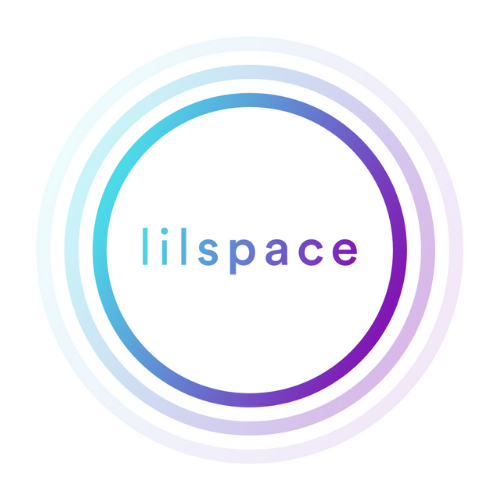It’s Science: 3 Ways Unplugging Can Impact Your Mental Health
There’s no shortage of articles or wellness gurus telling us that we should be limiting our screen time. It seems like everywhere you look, there’s another *influencer* talking about their three day social media detox and what it did for them.
But did you know that there’s more to unplugging than meets the eye?
Evidence shows that stepping back from your daily scroll can positively impact your mental health.
Let’s take a look at three ways that science says social media usage can impact your mental health.
SOCIAL MEDIA USAGE DIRECTLY AFFECTS SELF-ESTEEM
Research shows that the more time you spend on social media, the more likely you are to have lower self esteem. It’s no secret that social media sites like Instagram provide the perfect opportunity for your insecurities to sneak up on you when you’re at you’re most vulnerable. After all, Instagram is a highlight reel featuring everyone’s cutest outfits, yummiest brunches, and most aesthetically pleasing photoshoots. No wonder it’s where our self-esteem goes to die!
Want to know our life-hack for taking back the power of social media and reclaiming your self-confidence?
Unfollow anybody who doesn’t make you feel like the queen that you are.
Yep, you read that right. If you’re scrolling through your feed and see a photo that makes you feel not enough in any way, unfollow that person. Comparison is the thief of joy, so get rid of that problem by only filling your feed with things that empower you, excite you, teach you, or make you laugh.
SOCIAL MEDIA USAGE IS LINKED TO HIGHER RATES OF DEPRESSION:
Countless studies point to a strong association between social media use and depression. This could be for a multitude of reasons, including the following:
Perceived belief that others lead happier and more successful lives.
Increased loneliness.
Feelings of envy and self-inferiority.
Exposure to cyber-bullying.
Sentiment of wasted time.
Addictiveness leading to feelings of low self-worth.
Sound familiar? If so, it may be time to take a stand for your mental health by jumpstarting your unplugging journey. Life is too short to waste any time not feeling good in your body, in your community, and in your life.
SOCIAL MEDIA USAGE CAN LEAD TO INCREASED ANXIETY:
Are you seeing a pattern here?
Sure, social media has some great benefits, but there are also a lot of things that you need to be mindful of when opening up Twitter or Instagram. Social media has been shown to have a significant impact on anxiety, especially among young adults and millennials. This shouldn’t be a surprise—after all, upsetting and anxiety-inducing news seems to be filling our feeds more than ever. That, paired with the other linked impacts of social media such as worsened body image may cause episodes of anxiety that could be avoided by spending more time offline.
Do you experience social media induced anxiety?
Try decreasing your screen time and filling your time with things that make you feel confident and at peace.
Want to be held accountable for your time unplugged and get rewarded for it?
Download the lilspace app where you can track your minutes spent unplugged for fun, wellness-minded rewards including cooking tutorials, meditations, everyday exercises, discounts and even the ability to donate directly to charities that are important to you!
Citations:
Fardouly, J., & Vartanian, L. R. (2016). Social Media and Body Image Concerns: Current Research and Future Directions. Current Opinion in Psychology, 9, 1-5. doi:10.1016/j.copsyc.2015.09.005
Lin, L. Y., Sidani, J. E., Shensa, A., Radovic, A., Miller, E., Colditz, J. B., . . . Primack, B. A. (2016). Association Between Social Media Use And Depression Among U.s. Young Adults. Depression and Anxiety, 33(4), 323-331. doi:10.1002/da.22466
Vannucci, A., Flannery, K. M., & Ohannessian, C. M. (2017). Social media use and anxiety in emerging adults. Journal of Affective Disorders, 207, 163-166. doi:10.1016/j.jad.2016.08.040
Vogel, E. A., Rose, J. P., Roberts, L. R., & Eckles, K. (2014). Social comparison, social media, and self-esteem. Psychology of Popular Media Culture, 3(4), 206-222. doi:10.1037/ppm0000047
